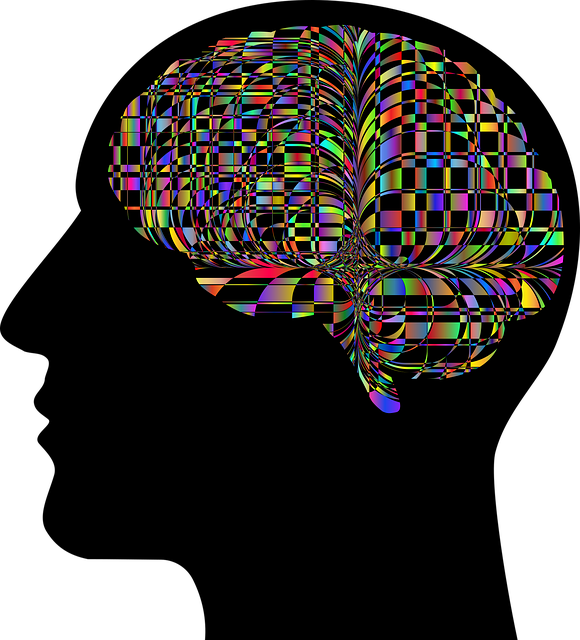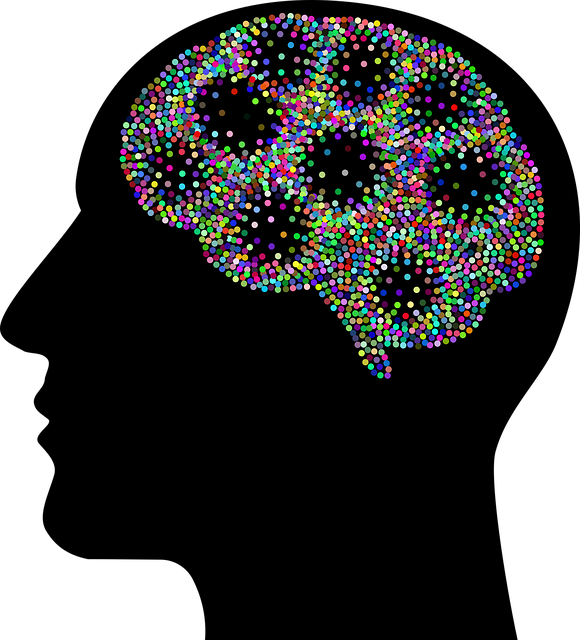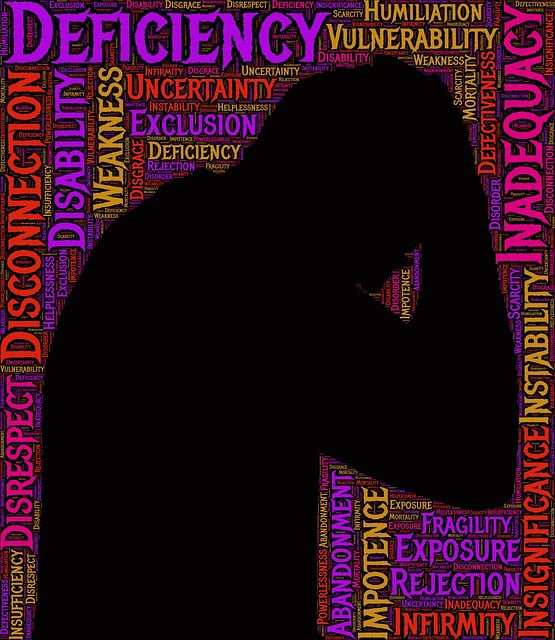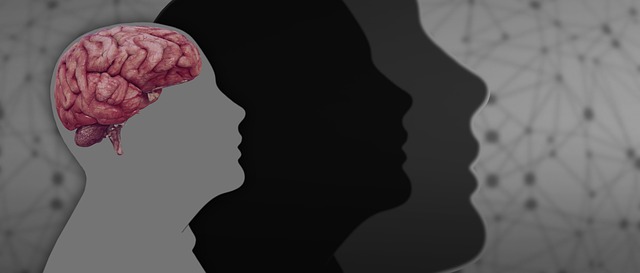Dialectical Behavioral Therapy (DBT) is an effective therapy for adults, integrating cognitive-behavioral techniques and mindfulness practices. The Resourceful Engagement Model (RFM), a framework within DBT, focuses on three key components: Resources, Challenges, and Mastery, to enhance emotional healing and resilience. Through tailored Mental Health Education Programs, skill-building exercises, and consistent practice like podcast series, adults can overcome challenges, manage emotions, and transform their responses for improved mental health outcomes. Professional guidance is crucial for success in integrating DBT principles into daily life. Real-life success stories demonstrate the profound transformations achievable through this therapy.
“Unleash your inner resilience with an effective framework—RFM (Regulation, Flexibility, and Mastery). This powerful tool, often enhanced by Dialectical Behavioral Therapy (DBT), empowers adults to navigate life’s challenges. Our article guides you through this transformative journey.
We’ll explore the fundamentals of RFM and its role in building resilience, delving into the benefits of DBT for adults seeking emotional regulation. You’ll discover a step-by-step guide to implementing RFM exercises, tackling common challenges, and gaining inspiration from real-life success stories. Embrace a new perspective on resilience.”
- Understanding RFM and Its Role in Resilience Building
- The Benefits of Dialectical Behavioral Therapy for Adults
- Implementing RFM Exercises: A Step-by-Step Guide
- Common Challenges and How to Overcome Them
- Real-Life Success Stories and Takeaways
Understanding RFM and Its Role in Resilience Building

Resilience is a vital asset for adults navigating life’s challenges and traumas. This is where RFM (Resourceful Engagement Model) comes into play, serving as a powerful framework in therapy for adults, particularly through Dialectical Behavioral Therapy (DBT). RFM focuses on three key components: Resources, Challenges, and Mastery. By understanding one’s resources, such as social support networks, coping skills, and problem-solving abilities, individuals can better manage the challenges they face. This involves identifying and utilizing internal strengths and external aids to enhance emotional healing processes.
The model encourages individuals to develop effective strategies for confronting and overcoming obstacles. Social Skills Training and Mental Health Policy Analysis and Advocacy play a significant role in this process. Through DBT, patients learn to balance acceptance and change, fostering adaptability and resilience. This approach not only empowers individuals to navigate difficult situations but also enables them to transform their responses, leading to improved mental health outcomes and overall well-being.
The Benefits of Dialectical Behavioral Therapy for Adults

Dialectical Behavioral Therapy (DBT) has emerged as a highly effective approach to enhancing mental wellness and building resilience in adults. This therapy style combines cognitive-behavioral techniques with mindfulness practices, offering individuals powerful tools to navigate life’s challenges. DBT emphasizes self-care, helping adults develop skills to manage emotions, improve interpersonal effectiveness, and enhance overall coping abilities.
Through interactive sessions, clients learn empathy-building strategies that foster deeper connections and understanding. The therapy encourages a balanced approach, accepting both the present moment and striving for positive change. Many mental wellness podcast series production platforms highlight DBT’s success in treating various issues, including borderline personality disorder, post-traumatic stress, and mood disorders. By integrating self-care practices into daily routines, adults can build resilience, leading to improved quality of life and a greater sense of empowerment.
Implementing RFM Exercises: A Step-by-Step Guide

Implementing RFM (Resilience, Flexibility, and Mastery) exercises is a powerful approach to enhancing mental health and resilience in adults. This step-by-step guide aims to support individuals in navigating life’s challenges with newfound strength. Firstly, introduce the concept of RFM as a therapeutic framework, highlighting its benefits in Dialectical Behavioral Therapy (DBT). DBT, renowned for its effectiveness in treating borderline personality disorder, emphasizes skills training, including mindfulness, distress tolerance, emotional regulation, and interpersonal effectiveness.
The process begins with Mental Health Education Programs Design, tailored to suit individual needs. These programs offer a safe space to learn and practice RFM skills. They can be structured as workshops or integrated into ongoing therapy sessions. Facilitators should encourage active participation through discussions, role-playing scenarios, and skill-building exercises. For instance, teaching mindfulness techniques helps individuals stay grounded in the present moment, reducing impulsive reactions. Following education, consistent practice is key; consider implementing a Mental Wellness Podcast Series Production to provide regular reminders and fresh perspectives on RFM concepts, offering a convenient way to reinforce learned skills in everyday life.
Common Challenges and How to Overcome Them

Implementing RFM (Resilience, Flexibility, and Mindfulness) exercises can be a powerful tool in building resilience, but it’s not without its challenges. Many adults struggle with integrating these practices into their daily lives due to busy schedules or past traumatic experiences that make self-care seem daunting. Overcoming these obstacles often begins with recognizing the value of emotional regulation and mood management through Dialectical Behavioral Therapy (DBT) techniques. DBT, known for its effectiveness in therapy for adults, emphasizes the development of inner strength by teaching individuals to accept their emotions while also regulating them effectively.
To foster success, it’s crucial to tailor RFM practices to individual needs and preferences. This might involve starting small with simple mindfulness exercises or using visual aids for tracking moods. Building a consistent routine, even just 15 minutes daily, can significantly enhance emotional resilience over time. Support from a skilled therapist can make this journey smoother, providing guidance on integrating DBT principles into everyday life and helping individuals navigate any challenges that arise during their personal growth process.
Real-Life Success Stories and Takeaways

In the realm of mental wellness, real-life success stories serve as powerful testament to the transformative potential of therapy for adults, particularly Dialectical Behavioral Therapy (DBT). These narratives paint a vibrant tapestry of individuals who have navigated life’s labyrinthine paths and emerged with enhanced resilience. Through dedicated practice and professional guidance, many have discovered the tools necessary to manage emotions, improve self-esteem, and foster healthier relationships.
One such story often shared in the Mental Wellness Podcast Series Production highlights how DBT helped an individual once plagued by intense emotional swings find stability. By incorporating mindfulness exercises into their daily routine, they learned to observe their feelings without judgment, a crucial aspect of building resilience. This shift not only improved their mental wellness but also empowered them to face life’s challenges head-on, reflecting the profound impact that tailored therapy can have on fostering self-esteem improvement and overall resilience.
The implementation of RFM exercises, backed by Dialectical Behavioral Therapy (DBT), offers a powerful approach to building resilience. By following the step-by-step guide provided and overcoming common challenges, individuals can harness their emotional regulation skills, leading to improved mental well-being. Real-life success stories highlight the transformative potential of DBT in fostering adaptability and coping mechanisms. Embracing these strategies enables folks to navigate life’s complexities with enhanced resilience, ensuring a more balanced and fulfilling existence.










